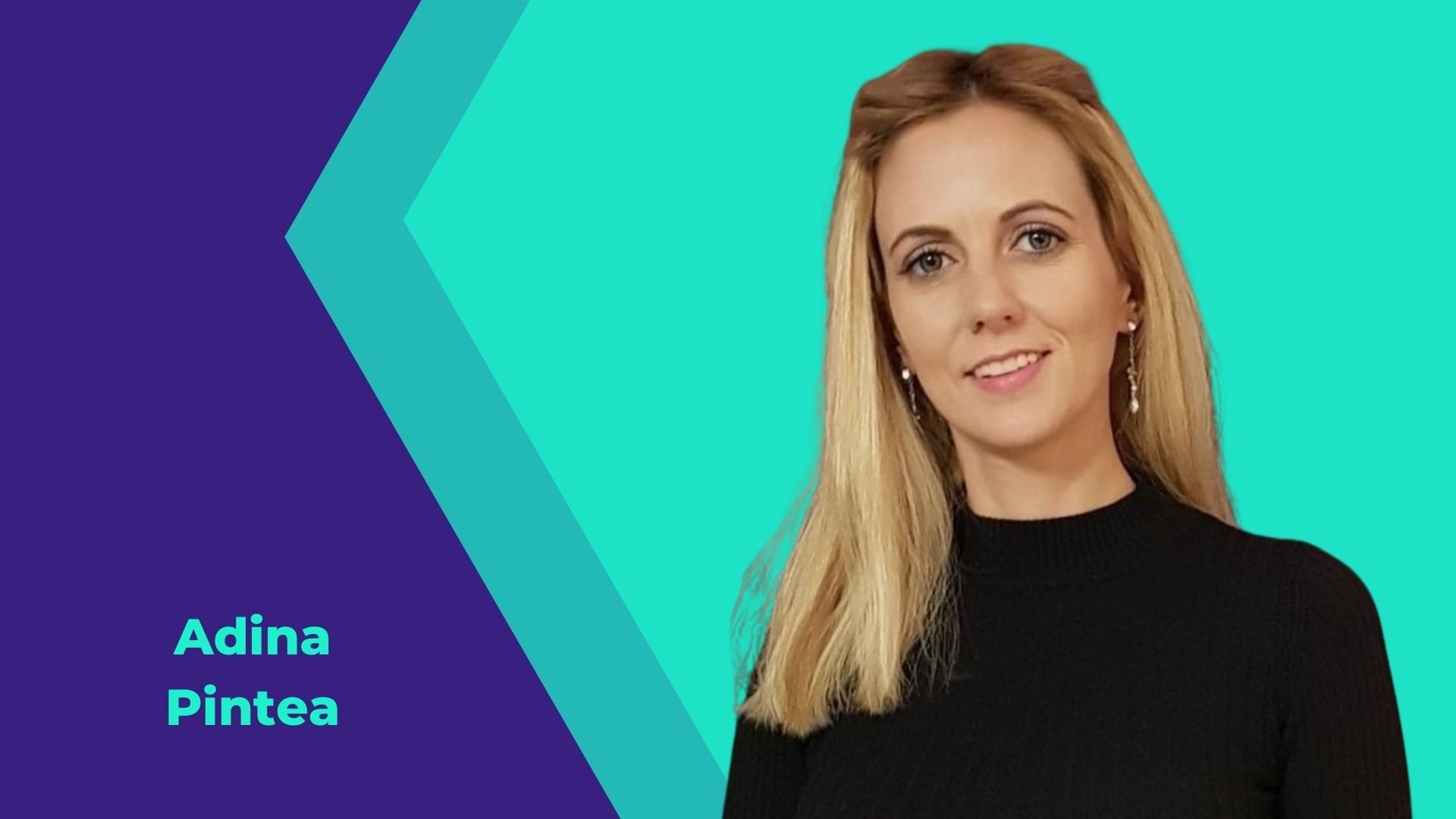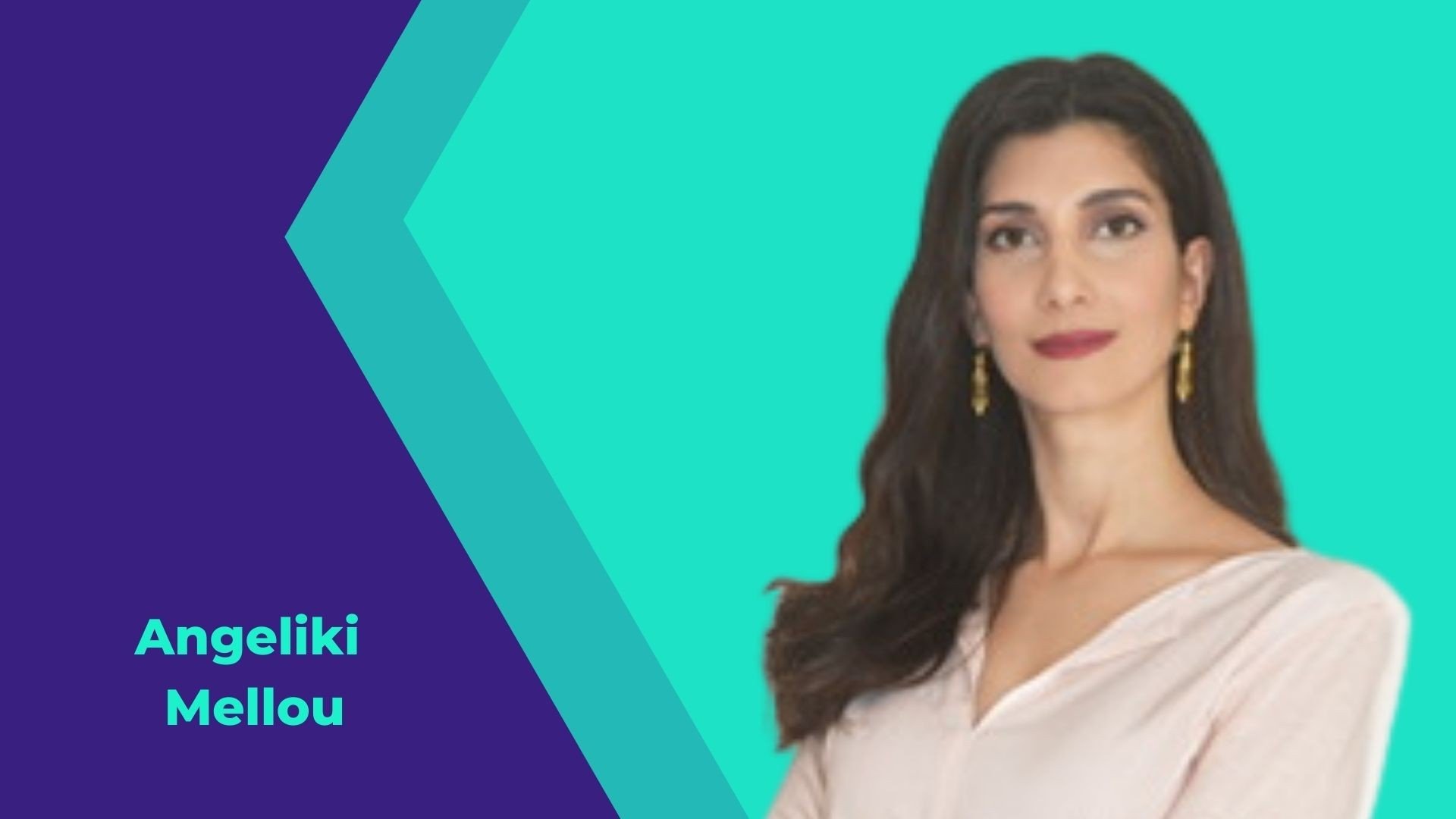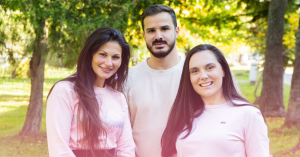Global Pandemic, a war in Europe, raising inflation – with global issues affecting both business and personal lives of people, mental health should be a leadership priority. We spend a quarter of the day working closely with people, who often feel like a family. This is the only number you need to know when thinking about the role well-being tools should play in an organization’s culture to avoid another health crisis, a mental health one.
A recent study, conducted by the American Psychological Association, shows that the highest stressors since the beginning of 2022, besides the second anniversary of the COVID pandemic, have been related to inflation (e.g. rising gas prices, energy bills, and grocery costs), followed by the Russian invasion of Ukraine. People fear the latter might lead to retaliation in the form of cyberattacks or nuclear threats.
When we should try to recover our face-to-face schedules and get into a new normal routine, we are faced with more challenges. The Recursive reached out to a few mental health tech startups in SEE to find out more about the long-term effects of fear and the solutions employers can deploy to support their teams.
Instability effects on mental health
Different specialists from Bulgaria, Romania, and Greece agree that living in unprecedented times, led by fear and “death anxiety”, creates professional challenges. From mental to physical ones, they are so numerous and individuality-based that not even psychologists are aware of all of them.
Some consequences may include:
- Anxiety disorders,
- P.T.S.D. (post-traumatic stress disorders),
- Depressive disorders,
- Sleep disorders (e.g. insomnia, fatigue, burnout),
- Substance abuse (e.g. alcohol, drugs),
- Mood disorders (e.g. irritability, isolation),
- Various challenges (e.g. personal development, relationships, parenting)
- Suicide.
They believe that routines and limiting exposure to the news or separating the real ones from the fake could help as prevention steps. Professionals encourage people to seek help when negative feelings overwhelm them for longer periods.
Mental health tools in SEE
“Burnout rates have been surging in the past years. The global pandemic only made things worse and the ongoing political unease is expected to have an additional impact on global mental health,” Georgi Natchev says.

He is the co-founder and CEO of Digiburn, a digital burnout check-up and treatment mobile app launched in 2020. He says that as more people will look for mental health solutions, telemedicine will remain a top MedTech tool.
With Digiburn, users are encouraged to take control of their mental health, be it as a prevention method or to address an existing condition, with regular burnout check-ups via the app. These are part of a three-month-long self-help journey to reconnect with the mind and witness thinking patterns that are at the roots of stress.
“Anxiety is the symptom that is mentioned the most by our users and this was somehow expected because, after two years of COVID, a new stress factor came into our lives – a war so close to our borders. Respondents tend to score lower than in the previous research waves on indicators such as personal safety, income, and savings, optimism towards the future,” Adina Pintea adds.

Adina Pintea is the co-founder of 4mind, a workplace wellbeing platform launched in 2020. She says that employers need to be equipped with the right tools to support the variety of mental health issues that their employees might be facing.
With 4mind, the team aims to offer affordable solutions to companies of all sizes. Users can opt for individual therapy sessions, join group sessions, webinars, talk to chatbots, and find inspiration for digital activities that can boost their morale.
“The Russian-Ukrainian war and the consequent inflation has added more stress on employees’ shoulders, as the salaries cannot absorb the increasing wave of prices and people struggle to cope with their financial life. Undoubtedly, we are in front of a second mental health crisis right after the crisis that the pandemic raised,” Angeliki Mellou tells us.

Angeliki Mellou is the founder and CEO of Greek-based Myhappyself, a digital mental healthcare clinic launched in 2020. She confirms that there has been an increased usage of digital mental health tools due to ongoing instability and many European countries are not well-equipped to handle mental disorders.
With Myhappyself the team offers a combination of personalized clinical assessments and a continuous therapeutic plan based on the R&D of the team. Mellou believes online therapy can lower the patients’ time to find treatment – which is currently at 18 weeks according to the World Health Organization.
What is next for mental health in SEE
Bulgarian Georgi Natchev is looking to expand Austria-based Digiburn on the German market, followed by Spain and the UK. The team’s goal is for the app to be tested by over 10K users to make it more efficient.
Romanian Adina Pintea stresses the importance of making mental health affordable for all employees in Eastern Europe. Her team is looking to develop the platform and grow the international specialists’ network so mental health prevention and maintenance can be a commodity, like routine medical checkups.







